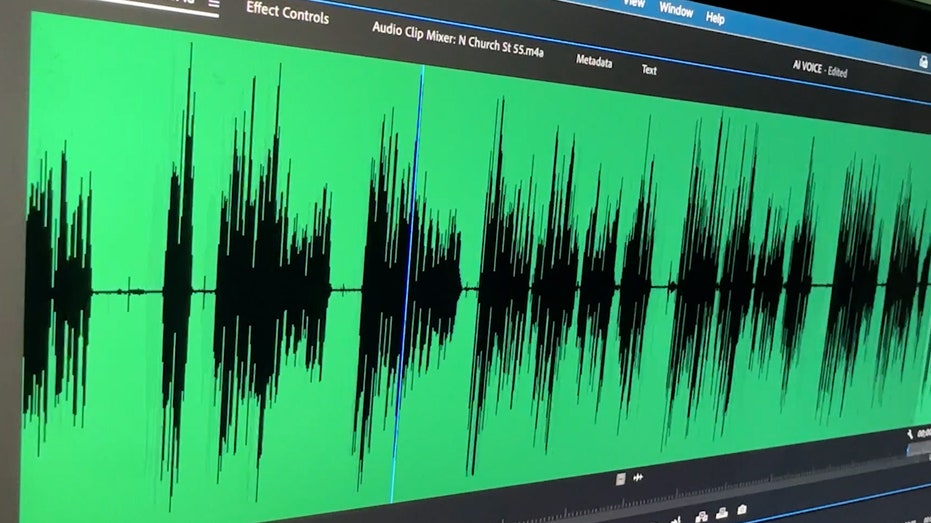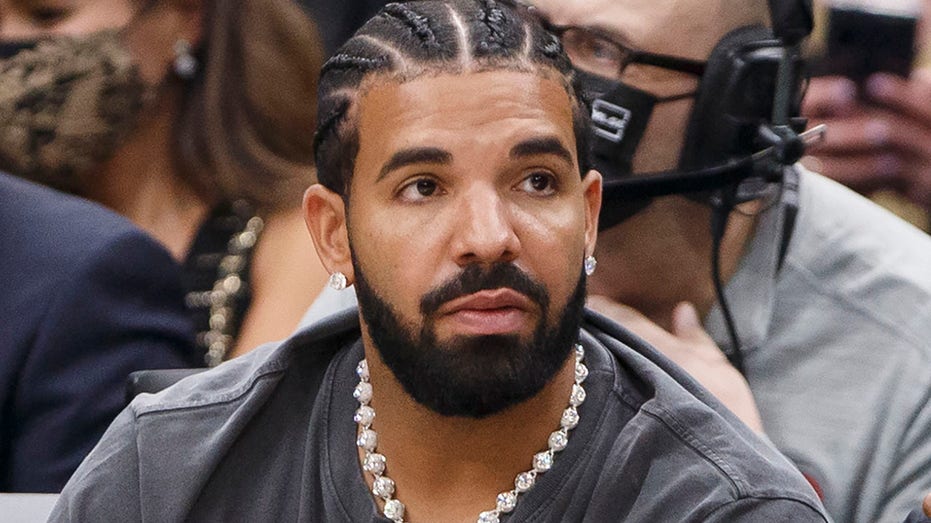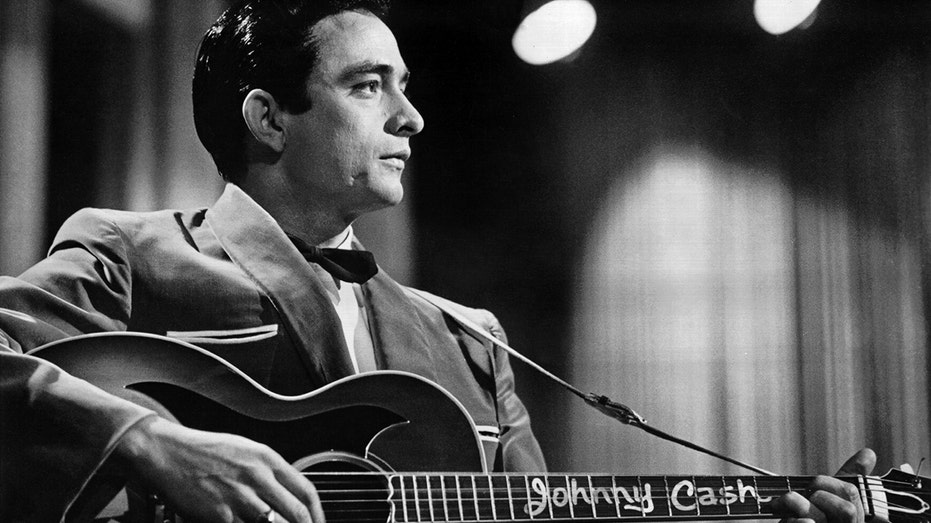Google negotiating with Universal Music Group on AI 'deepfake' tool: report
Music companies and artists alike have raised concerns over the rise of AI-powered voice cloning technology that threatens copyrighted works
Is artificial intelligence a copyright threat to the music industry?
Barron's deputy editor Ben Levisohn, reporter Carleton English and associate editor Jack Hough discuss the impact of artificial intelligence on the music industry on 'Barron's Roundtable.'
A significant development could be on the horizon in the music industry’s efforts to grapple with the impacts of artificial intelligence (AI), as a tech giant and a pair of music industry leaders are reportedly in talks on an AI music licensing arrangement.
Alphabet, the parent company of Google, is in the early stages of negotiating with Universal Music Group over a tool to let fans create "deepfake" songs using artists’ voices and music through a legitimate process that would see artists who opt-in to the program receive royalties, according to a report by the Financial Times citing four sources familiar with the talks. The outlet noted that Warner Music is also in discussions with Google for a similar tool.
The emergence of AI tools and the potential for their unregulated use pose a threat to the music industry, as they can enable users to clone artists’ voices with a deepfake or replicate their music, infringing on their intellectual property rights and potentially diminishing their earning potential.

AI-powered voice clones have raised copyright concerns as artists' copyrighted works are increasingly used to create music without their permission. (FNC / Fox News)
AI tools have been used to create viral songs using the voices of popular artists like Drake, The Weeknd, Eminem and several others — including deceased artists like Tupac Shakur and the Notorious B.I.G. — over the course of 2023 to date. Some AI-generated songs made their way onto social media and streaming platforms before they were removed following copyright claims.
| Ticker | Security | Last | Change | Change % |
|---|---|---|---|---|
| GOOGL | ALPHABET INC. | 322.86 | -8.39 | -2.53% |
| WMG | WARNER MUSIC GROUP CORP. | 29.05 | +0.86 | +3.05% |
Universal Music Group, which is the record label for Drake and The Weeknd, pushed back on the use of its artists’ voices in the AI songs without their consent in violation of copyright laws.
WHAT IS ARTIFICIAL INTELLIGENCE (AI)?

Rapper Drake is among the artists whose voice has been used to make AI-generated songs, raising copyright infringement concerns. (Cole Burston/Getty Images / Getty Images)
Following the incident, Universal told FOX Business in a statement that its "success has been, in part, due to embracing new technology and putting it to work for our artists — as we have been doing with our innovation around AI for some time already."
However, Universal’s statement expressed concerns about "the training of generative AI using our artists’ music (which represents both a breach of our agreements and a violation of copyright law) as well as the availability of infringing content created with generative AI," asking whether music industry stakeholders want to be on the "side of artists, fans and human creative expression, or on the side of deepfakes, fraud and denying artists their due compensation."
YOUTUBER RUINS JOHNNY CASH WITH AI COVER OF ‘BARBIE GIRL’ IN MUST-HEAR-TO-BELIEVE CLIP

Johnny Cash's voice was recently used to produce an AI-generated version of the song "Barbie Girl." (Michael Ochs Archives/Getty Images / Getty Images)
Large language models that underpin popular generative AI tools like ChatGPT are trained on vast swaths of data scraped from the internet, including music, images and written works.
In some cases, AI tools that aren’t covered by licenses for that content have ended up facing lawsuits claiming copyright infringement, as the content the tools generate in response to users’ prompts can bear a strong resemblance to, or replicate outright, copyrighted works.
A licensing arrangement could help mitigate those legal liabilities by giving artists the opportunity to opt-in to the AI program and receive royalties in return while giving fans or other music creators who want to leverage the AI tools to do so without fear of legal blowback.
Google, Universal Music Group and Warner Music did not immediately respond to a request for comment on the reported AI music licensing proposal.
GET FOX BUSINESS ON THE GO BY CLICKING HERE
FOX Business’ Daniella Genovese and Reuters contributed to this report.




















